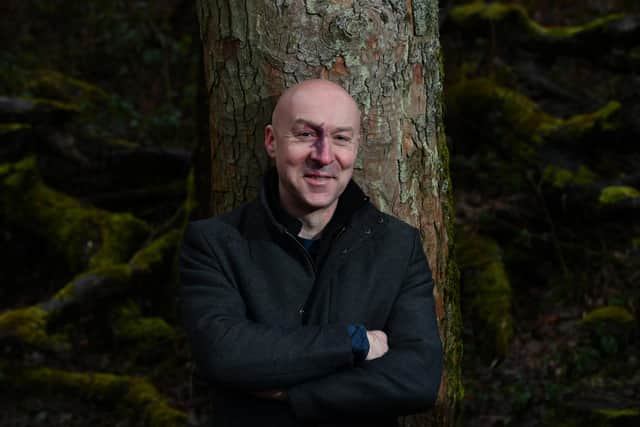Since the Thatcher years anything perceived as a shared public resource has been devalued - Chris Brookmyre
When I was growing up, I was fortunate in that I didn’t want for books. I came from a family full of teachers, so reading was always encouraged, but I didn’t personally own many of my favourite books, because I didn’t need to. I knew that I could go and get them from my local library any time I wanted. Of the series that had the most enduring effect on my imagination — such as Asterix, the Hitch-Hiker’s Guide to the Galaxy and James Bond — I owned a precious few but read all them over and over again. I knew other people were borrowing them too, but that didn’t mean they weren’t mine. The library felt like something we all owned, and I can’t help but wonder if the type of politician who doesn’t value libraries does so simply because they don’t like the idea of sharing.
As a writer, libraries are valuable in more ways than merely the obvious. The localised curation of their collections, for instance, gives a sense of what makes a place distinct, because in every library you will find titles that aren’t generally stocked elsewhere. When I was living in Aberdeen, the preponderance of resources on drilling platforms, geology and the oil industry nudged me in certain directions, and assisted in the writing of One Fine Day in the Middle of the Night and A Big Boy Did It And Ran Away.
Advertisement
Hide AdAdvertisement
Hide AdBut throughout my career, the thing I have most treasured about libraries has been the dozens of public events I have had the pleasure of taking part in down the years, from debates to readers days to book launches. I know from experience that when you are a new and unknown writer, the one place you will find an eager audience is in a library. I also know that you can travel the length of the country, to a place where you can’t imagine anybody will have heard of you, and be greeted by a warm and receptive crowd. Often it indeed turns out they haven’t heard of you, but they show up anyway, because the library is a place where people come to discover new voices, new stories. It is not merely a repository of books, it is a repository of public discourse.


Libraries have always been at the heart of our communities. Each one is a place where people gather in search of — and in shared love of — knowledge and stories, two of our most valuable resources. That is why, if we are talking about budgets, libraries should never be discussed as though they are some kind of luxury that we can’t afford in tough times. Libraries are a public resource that we cannot afford to do without.
Chris Brookmyre’s latest work, The Cut, is available now (Little, Brown Book Group). He is appearing at Helensburgh Library during Book Week Scotland (15-21 November)
A message from the Editor:
Thank you for reading this article. We're more reliant on your support than ever as the shift in consumer habits brought about by coronavirus impacts our advertisers.
If you haven't already, please consider supporting our trusted, fact-checked journalism by taking out a digital subscription.
Comments
Want to join the conversation? Please or to comment on this article.